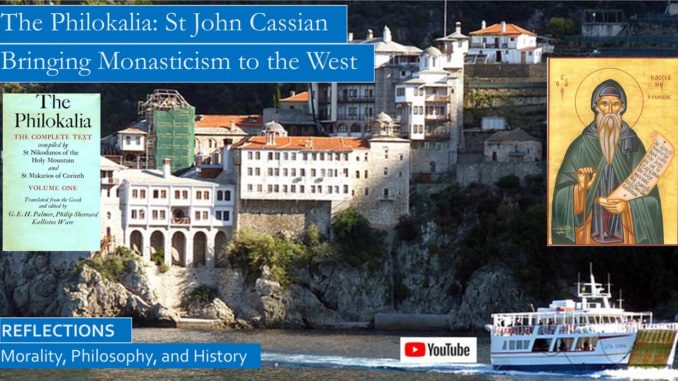
John Cassian served as a monk in both a Bethlehem monastery and in Egypt under Evagrios, travelled to Constantinople where he became an ardent supporter of St. John Chrysostom. He learned much under such spiritual masters, and he when he returned home to Rome and Gaul he taught the teachings of the early church fathers, which were commended in the Rule of St. Benedict.
John Cassian’s teachings in the Philokalia are a good summary of the Ladder of the Divine Ascent. His teachings on the Eight Vices are advice to those seeking salvation as monks, so we must discern how these teachings apply to those of us who seek salvation in the secular world; indeed, imagine what advice he would give to us living in the secular modern world to resist the vices of gluttony, unchastity, avarice, anger, dejection, listlessness, self-esteem, and pride.
Youtube video for this blog: https://youtu.be/BDzxATWWdyY
The early Church Fathers always talk about fasting, the struggle against gluttony, as the first vice to conquer, once you conquer fasting, the other vices become easier to conquer. The spiritual life is about changing your habits, adopting good habits, discarding bad habits, indeed habitually seeking to change your daily habits for the good.
Should we fast? Jesus does not exhort us, IF you fast, but WHEN you fast, do not fast as the Pharisees fast, but fast in private, where only your Father can see you, so only your Father in heaven can know you are fasting. There is a misconception that fasting means abstaining from food entirely for days at a time, and indeed there are some extreme hagiographies that encourage this view. For example, one exaggerated hagiography has St. Francis during Lent retreating to the woods alone for forty days with a piece of bread in each, but unlike Jesus, St. Francis was weak, he ate one of the pieces of bread. To be a Christian, you do not need to be like Jesus by disappearing into the wilderness seeking to be fed only by spiritual food alone, mainly because you are not Jesus. Likewise, the biographies of several saints, including St. John Chrysostom and St. Benedict, relate how their digestive system was permanently damaged by overly severe austere practices.
When the early Church Fathers teach us about fasting, they do not counsel that on rare occasions we abstain from food entirely, but rather teach that we should not stuff our faces, we should eat moderately, we should eat plainly, our life should not revolve around food. There are no fasts where we are instructed to abstain from food entirely for a day. Although the Lenten fasting rules for Catholics have been relaxed, in the Eastern tradition you are encouraged, not demanded, to abstain from meat on Wednesdays and Fridays, sometimes substituting fish for meat, and abstaining from meat and dairy products during Lent. The Church teaching is very clear, if you wish to fast more than this, you first should consult with your priest, perhaps during confession, or your spiritual father to seek their blessing for a more rigorous fasting regimen, lest we slip down the slippery slope of pride. You should fast less if you are diabetic or if your body cannot tolerate the lack of meat in your diet.
The modern world has a better understanding of the virtues of moderate eating and exercise than the ancient world. Diets do not work, for all diets end; that is the definition of a diet. What work are life style changes, changing our habits, and as we get older often our life style changes need to be more and more drastic if we want to work at continuing to be healthy. To lose weight and keep off the weight we must change our lifestyle habits permanently. Probably if the ancient world had a better understanding of nutrition we would also fast from chocolate cakes and cookies during Lent, but as any doctor will tell us we should avoid overconsumption of sweets if we wish to take care of the temple that is on loan from God.
If St. John Cassian were alive today, he would probably say that if we post pictures of our meals on Facebook, or which restaurant we are eating at today, that perhaps we are thinking about food a little bit too much, especially if we are trying to lose weight. Definitely we should not emulate the story of the binge eater who joined weight watchers, excited to learn she could have weekly weight loss goals she could meet, but was especially excited that once she reached her goal weight she could attend meetings for free as long as she liked. The problem was although she was able to meet her weight loss goal on her loss weeks, especially if she exercised in the water proof sweat suits, and even though over the span of a few years she lost over a thousand pounds in her loss weeks, she was never able to attain her goal weight, it was always out of reach. All of us have our ups and downs, but we should try not to live the life of a yo-yo.
St John Cassian is eager to say his teachings are not his own, they have been passed down by the Church Fathers. St John Cassian teaches that a one day fast can be better than a fast lasting many days, what good is fasting when you break the fast with a feast? Eat too much and the food makes you too sleepy for prayers, eat too little and you have too little energy for prayers. He notes everyone is different, some are satisfied with half a pound of bread, others can eat two pounds of bread and still be hungry. Quoting St John Cassian, “a clear rule for self-control is this: stop eating while still hungry and do not continue until you are satisfied.”
Fasting alone does not make our soul any purer unless we also cultivate the other virtues, such as humility, obedience, freedom from avarice, freedom from anger, freedom from despair, freedom from pride. When we fast we must pray, fasting without prayer is not really fasting. Quoting St. John Cassian, “Bodily fasting alone is not enough to bring about perfect self-restraint and true purity; it must be accompanied by contrition of heart, intense prayer to God, frequent meditation on the Scriptures, toil and manual labor.”
As we fast, watching that we only eat the food we need for our health, so we must “guard our hearts from base thoughts, for, according to the Lord, ‘out of the heart proceeds evil thoughts, murders, adulteries, and unchastity.’ (Matthew 15:19)
Eat what you need to eat to be healthy, but don’t be a pig. Your life should not revolve around what you want, what you desire, instead, if you are to Love God with all of your heart and with all of your soul and with all of your mind and with all of your strength, if you are to love your neighbor as yourself, you should live your life for others rather than living for pleasure. Be moderate in everything, do not be excessive in anything, fasting and exercising included. Don’t be a pig, this is good spiritual advice, don’t be a pig about your meals, don’t be a pig about your money, don’t be a pig about power, don’t be as proud as a pig.
St John Cassian teaches that fasting, guarding against the vice of gluttony, is but beginning the struggle to live a godly life. “Indeed, he who has trampled down the pleasures and provocations of the flesh is, in a certain sense, outside the body. Thus, no one can soar to this high and heavenly prize of holiness on his own wings and learn to imitate the angels, unless the grace of God leads him upwards from this earthly mire.”[1]
St John Cassian Blog 2 http://www.seekingvirtueandwisdom.com/st-john-cassian-on-the-other-seven-vices-blog-2/
[1] St John Cassian, “On the Eight Vices,” In the Philokalia, The Complete Text, compiled by St Nikodimos of the Holy Mountain and St Makarios of Corinth, Vol. 1, translated and edited by GEH Palmer, Phillip Sherrard, and Kallistos Ware (London: Faber and Faber, 1979), pp. 73-74.

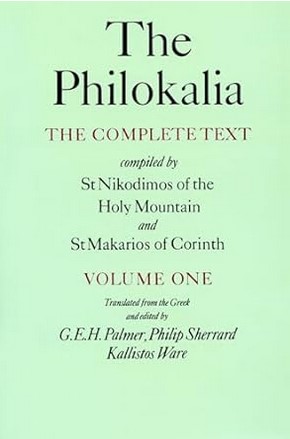
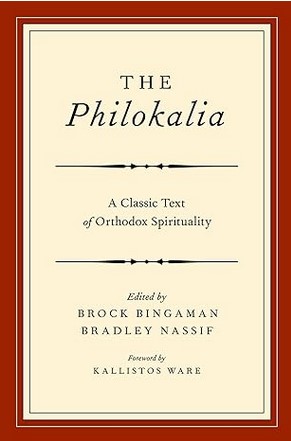

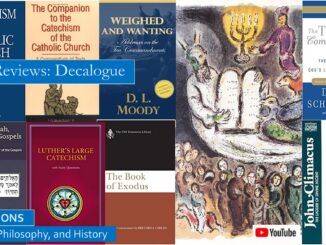
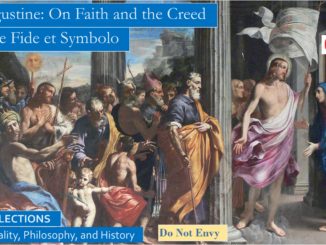
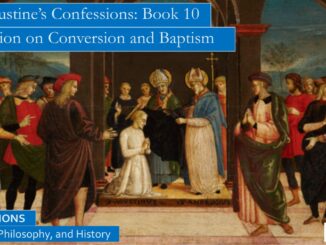
2 Trackbacks / Pingbacks